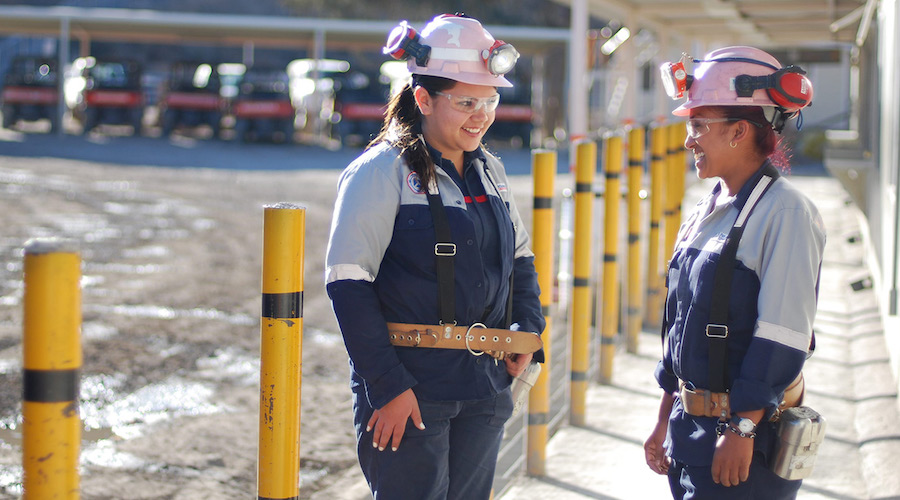Mexico’s mining law overhaul could cost $9 billion in coming years, says mining chamber

The head of Mexico’s mining chamber on Thursday issued a stark warning against a proposed overhaul of the country’s mining laws, saying this could cost the country some $9 billion in lost investment in coming years and up to 420,000 direct jobs.
The overhaul, proposed by the government last month, would include shortening concessions to 15 from 50 years, tightening rules for water permits and requirements to give back at least 10% of profits to communities and disclose mining impacts.
Mexico is the world’s top silver producer and one of the largest producers of copper and gold. Last year, its government announced the nationalization of the country’s nascent lithium industry, favoring a new state-run miner.
Jaime Gutierrez, the president of the Camimex mining association, said the move would hit investors’ confidence in the market and that though it was prepared to make compromises, it considered certain proposals “completely unviable”.
Gutierrez pointed to a proposal the state take over all exploration operations, saying it does not have the technical capacity nor the funds to do so. Camimex invests some $1 billion annually in exploration, he said.
He also blasted a proposal to grant concessions to mine only one substance, as metals are found in the earth with various other minerals. “Demanding such things shows a complete lack of understanding of the industry,” he said.
If the reform does go through, Gutierrez added, this could open the door for more trade disputes under the North American free trade pact over a reform increasing state control over its energy sector.
Gutierrez said the chamber was in talks with government officials and hoped to present their arguments in an open forum before Congress. Mexico’s government did not immediately respond to a request for comment.
“The government’s job is to distribute wealth, companies’ job is to generate it,” he said. “We need to ensure that companies keep functioning so they can continue to generate this wealth.”
(By Sarah Morland; Editing by Diane Craft)
More News
Contract worker dies at Rio Tinto mine in Guinea
Last August, a contract worker died in an incident at the same mine.
February 15, 2026 | 09:20 am
{{ commodity.name }}
{{ post.title }}
{{ post.date }}




Comments
El Chapo
Socialism is what happens until you run out of other peoples money.